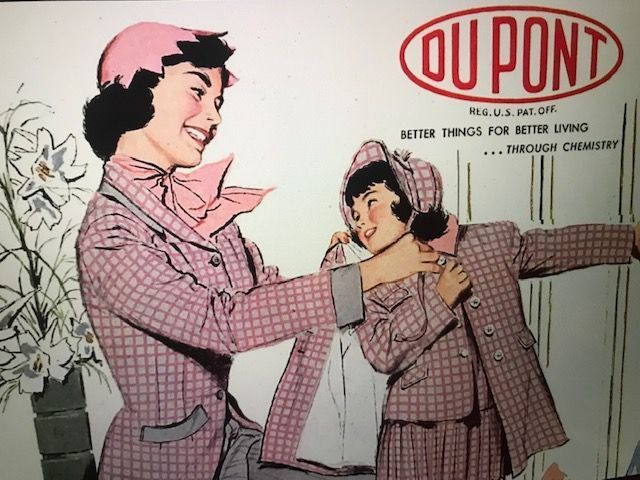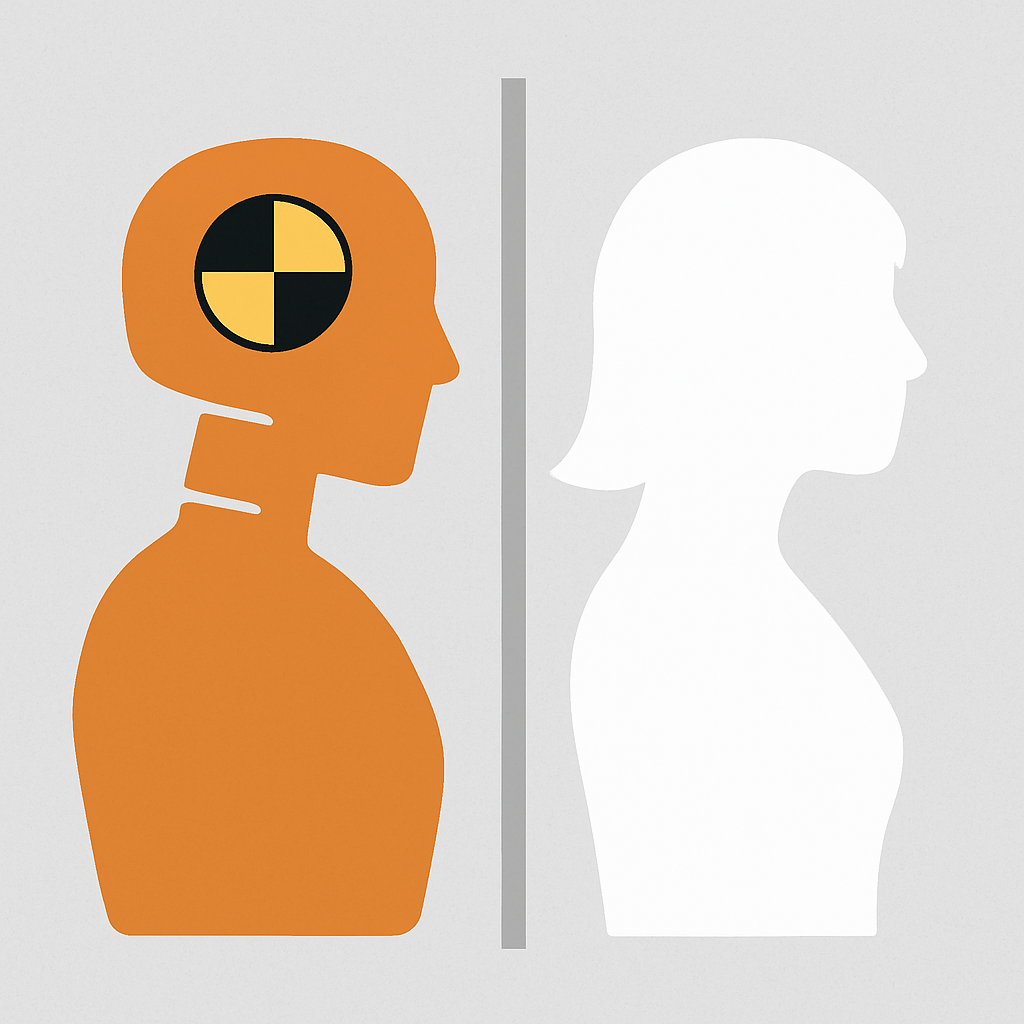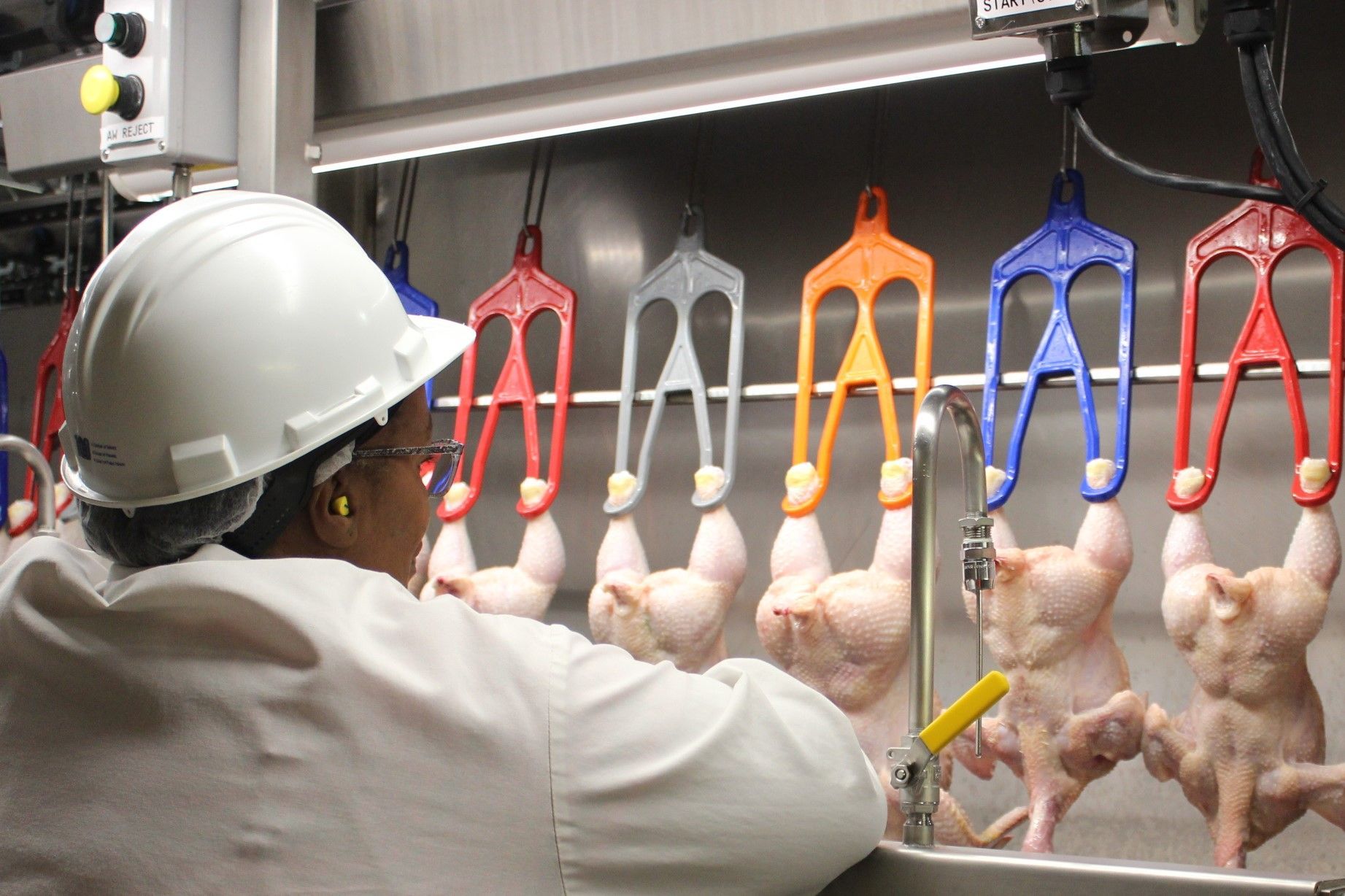The phrase “better things for better living through chemistry” began in 1935 as a DuPont advertising slogan, an enthusiastic expression of optimism about science and it's potential to solve virtually any human problem.
No argument from me on the many important discoveries in chemistry that have had a material impact on our lives ranging from the discovery of oxygen, electrons, catalysts, polymers, refrigerants to plastics and the entire discipline of nuclear chemistry.
However, at the same time chemistry may have had a positive impact on our lives, there have been far too many examples of chemicals that have been proven to cause noticeable harm both to our bodies and our overall health, including a variety of chemicals used in the food industry as flavor enhancers and/or preservatives which also increase our risk of diabetes, heart and kidney disease, cancer and other potentially fatal outcomes. In this newsletter, I will discuss just a small sample of such foods, including several that, while they are legally marketed and sold in the U.S., are totally banned in other Western Countries, including Europe, Japan, Canada, Australia and New Zealand.
Among the most common food flavorings and preservatives are Butylated Hydroxyanisole (BHA) and Butylated Hydroxytoluene (BHT) which are used to prevent oils from oxidizing. Processed foods most likely to contain BHT include chewing gum, active dry yeast, frozen convenience foods, prepared cereal products, including popular brands such as Kellogg's Frosted Flakes and Rice Krispies prepared snacks, dried and processed meat, potato flakes, enriched rice products and shortening. While acting as an antioxidant may be a good thing, BHA is known to cause cancer in rats and is reasonably anticipated to be a human carcinogen. Both BHA and BHT have been linked to impaired blood clotting and promoted tumor growth. These chemicals are also linked to other health concerns including endocrine disruption and organ-system toxicity. As an endocrine disruptor, it can impact testosterone levels as well as affect sperm quality. Another reason why BHT isn't good for you is that it might cause enlargements in the liver, inflammatory effects in the lungs, renal dysfunction, and a decrease in potassium levels.
What is highly disturbing is that while doing research for this newsletter, I discovered that several of our foods that many Americans may consider as staples on their shopping lists and freely buy throughout the United States, are actually banned throughout Europe and most of the Western World. Here are just a few of these products, some of which may shock you, hopefully into reconsidering their use in your homes.
















